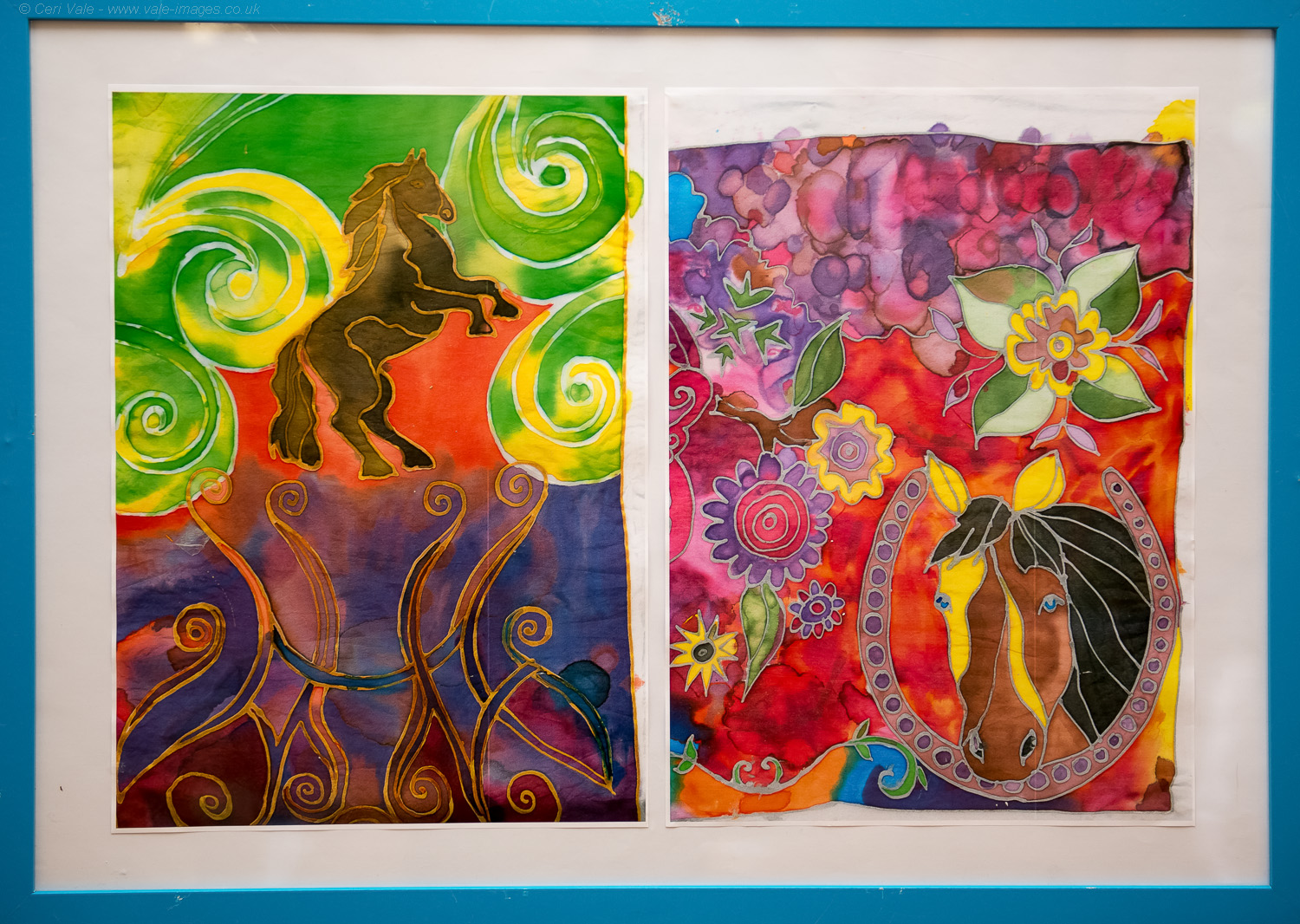Dr Adrian Marsh, “Gypsy, Roma, Traveller History Month (June) is the opportunity to acknowledge the extraordinary genius of the Romani and Traveller communities in all their rich diversity and their contribution to Welsh and more broadly, British society, in the face of almost overwhelming prejudice and intolerance. The Romani language has influenced popular English, with words such as “dad”, “pal”, “kushti” and others that even appear in Shakespeare’s ‘As You Like It’ (dukka me, or ‘I fortell’); Romani culture has brought the fairy-tale from its Indian origins to Britain, herbal lore and medicines, puppets, plays and mummery; all these owe their origins or were profoundly influenced by Romani culture from the east. Metal-working and complex smithying were trades that were carried by Travellers and Romani communities through the British Isles, along with horses and trading in dogs, birds and rabbits. Fortune-telling and entertainment of all kinds were widely considered to be the prerogative of Romani people from the mediaeval period to the early twentieth century, especially in rural Britain. Much of what is considered English, Scottish or Welsh ‘folk’ music and dance owes its existence to Romani traditions and Irish ‘traditional’ music is almost entirely based in the heritage of the Travelling people. The History Month is a chance to rediscover the contribution to the past and the present that Romani and Traveller people have made and to recognise that our history has been hidden.”
Press coverage notably from (C3SC, National Theatre Wales Community, Culture Diary, Travellers’ Times)

